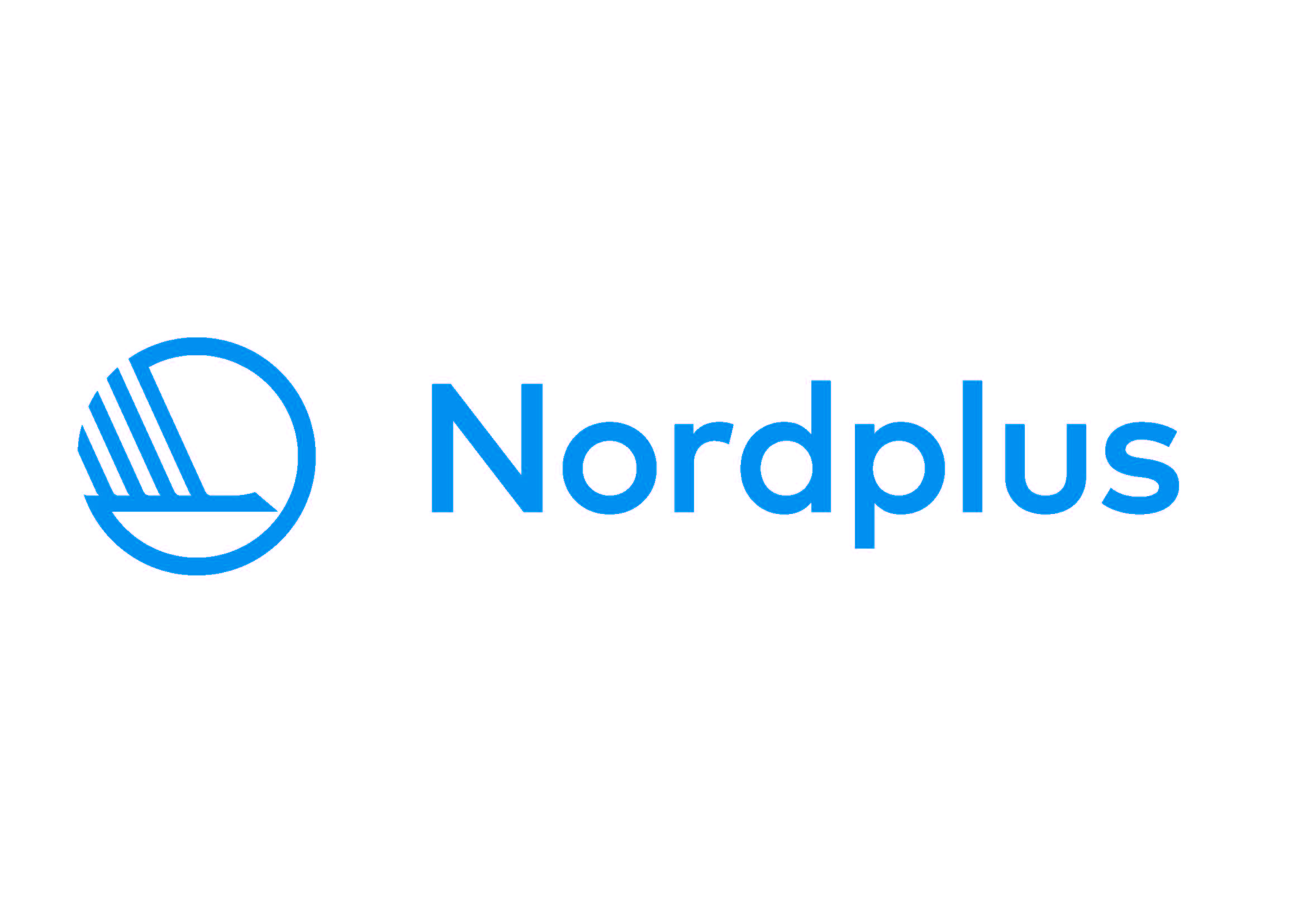Teaching period: May 30 - June 4, 2018 (arrival on 29.05. or early on the 30th as course starts in the afternoon, and departure on 05.06.)
Teacher(s): Prof. Inguna Audere, Riga and Prof. Christoph Draeger, Umeå
ECTS: 1.5
Number of available place for KUNO students: 12-15
Level: 3rd year BA or MA
Application deadline: 13th May
How to apply: Letter of motivation (max. 1 page A4), stating the following:
Your artistic background/profile, why are you interested in the subject area of the course, how this course would affect your artistic work, and what your expectations for the course are. Please send your letter of motivation to christoph.draeger@umu.se and inguna.audere@lma.lv, by 7 May
Course description
The workshop is an intensive interaction with the first Riga Biennial. In general terms, it scrutinises the conditions and opportunities of art in today's society. It examines the artists' challenges in today’s international art world with a specific focus on biennials and festivals, including their connections to the global art market. In an extensive visit of the exhibition, we will discuss the following questions: How do artists deal with exhibiting in such an important context as a biennial? How is art resulting from theme- and site-specific commissions different to existing pieces that are borrowed for the show? The workshop hopes to provide a rare behind-the-scenes look of the biennial, and gives access to the full professional preview, normally reserved for art work professionals like artists, critics, curators, gallerists, collectors and writers. There will be a meeting with the chief curator, Katerina Gregos, and interaction her students from Ecole des Beaux-Arts in Gent, Belgium.
Finally, students will also conceive of an idea for a imaginary piece that could have been included in this biennale.
Through this course, students will:
• have a broadened understanding of the philosophy and the mechanics of a international art biennial;
• demonstrate a basic knowledge of critical interaction with a large group exhibition;
• produce and discuss a fictitious idea that addresses and responds to key concepts of the curatorial statement


